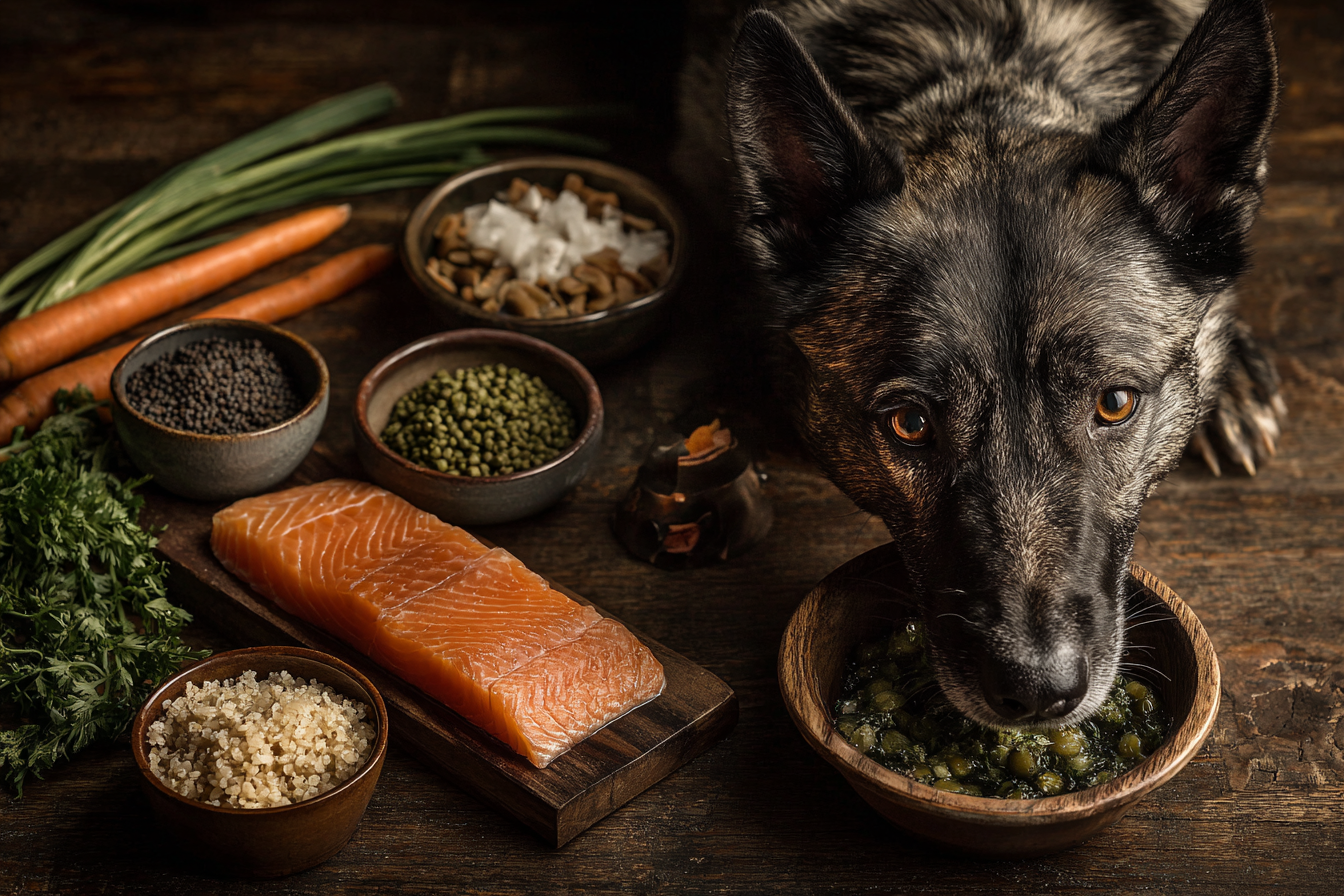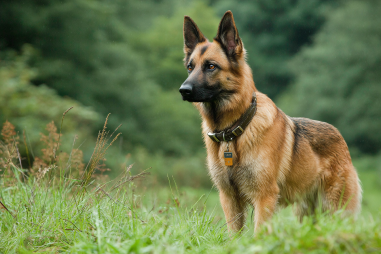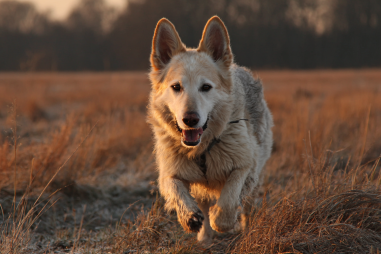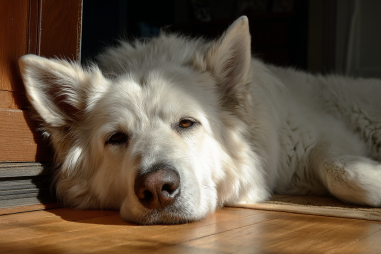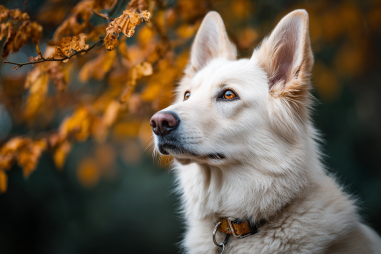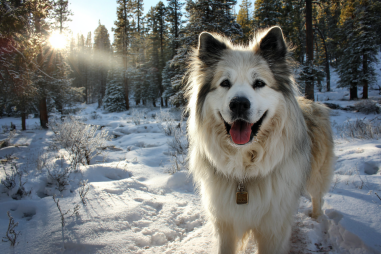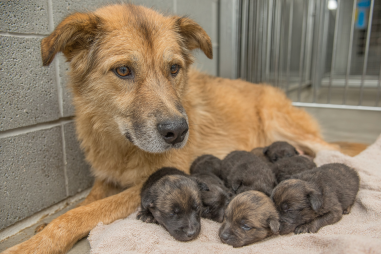Feeding your Chinook the right diet is essential to support their energetic lifestyle and maintain robust immune health. As a breed known for its endurance and strength, the Chinook requires a balanced nutritional plan that caters specifically to their needs. Whether you’re a seasoned Chinook owner or considering adding one to your family, understanding their dietary requirements will help ensure they stay healthy, happy, and active for years to come.
Understanding the Nutritional Needs of Chinook Dogs
The Chinook is a medium to large-sized working dog originally bred for sledding and other demanding outdoor activities. Because of their active nature, these dogs have higher energy needs compared to less active breeds. This means their diet must provide ample calories, high-quality proteins, healthy fats, and essential vitamins and minerals to fuel their muscles and keep their immune system functioning optimally.
Like all dogs, Chinooks thrive on a balanced diet that supports lean muscle mass and promotes overall health. Their metabolism relies heavily on protein to maintain muscle repair and development. Additionally, complex carbohydrates and fats provide the energy boost this active breed needs for day-to-day activity and stamina during exercise.
Recommended Diet Components for Chinook Dogs
The building blocks of an ideal Chinook diet include:
- High-Quality Protein: Protein supports muscle maintenance and repair, especially important for active dogs like the Chinook. Look for diets featuring real meat such as chicken, beef, lamb, or fish as primary ingredients.
- Healthy Fats: Fats are a dense energy source vital for keeping your Chinook energized. Omega-3 and Omega-6 fatty acids, found in fish oil and flaxseed, also support skin, coat, and joint health.
- Complex Carbohydrates: Ingredients such as brown rice, sweet potatoes, or barley provide sustained energy release, preventing spikes and drops in blood sugar.
- Fiber: Adequate fiber from sources like beet pulp or pumpkin helps maintain digestive health and regulate bowel movements.
- Vitamins and Minerals: These micronutrients are essential for immune system function, bone health, and overall vitality. A well-balanced commercial diet usually takes care of these, but it’s important to ensure your dog’s food contains appropriate levels of calcium, phosphorus, Vitamin E, and more.
Portion Sizes and Feeding Schedules for Your Chinook
Feeding your Chinook the correct portion sizes is crucial in preventing obesity or nutritional deficiencies. Portion needs will vary depending on your dog’s weight, age, activity level, and metabolism, but general guidelines might look like this:
- Adult Chinooks typically eat between 2.5 to 3.5 cups of high-quality dry dog food daily, divided into two meals.
- Puppies require more frequent feedings, often three to four times per day, with portions adjusted for their rapid growth and energy requirements.
Establish consistent meal times—morning and evening—to regulate their digestion and energy levels. Avoid free-feeding or leaving food out all day, as Chinooks can become overweight without proper portion control due to their love of food.
Special Dietary Considerations for Chinooks
Given the Chinook’s sled dog heritage and active lifestyle, certain dietary considerations are important to keep in mind:
- Joint Support: Chinooks may be prone to joint issues like hip dysplasia or arthritis due to their size and activity. Including foods or supplements with glucosamine and chondroitin can support joint health.
- Weight Management: Despite their high energy, some Chinooks may become prone to weight gain when less active. Adjust portions accordingly to maintain an ideal body condition score.
- Allergies and Sensitivities: Some Chinooks may show food sensitivities, commonly to grains or certain proteins. If you notice itching, digestive upset, or skin issues, consult your vet about trying limited ingredient or hypoallergenic diets.
- Age-Appropriate Nutrition: As your Chinook ages, their dietary requirements will change. Senior dogs may benefit from diets lower in calories but rich in antioxidants and joint-supporting nutrients.
Foods to Avoid for Chinook Dogs
There are certain foods you should never feed your Chinook due to toxicity or digestive issues:
- Chocolate: Contains theobromine, which is toxic to dogs and can cause severe health issues.
- Grapes and Raisins: Can cause kidney failure even in small amounts.
- Onions and Garlic: Contain compounds that damage red blood cells, leading to anemia.
- Alcohol: Even small amounts can be dangerous for dogs.
- Xylitol: Found in sugar-free gum and some peanut butters, this is extremely toxic.
- Raw Dough and Certain Bones: Can cause gastrointestinal blockages or poisoning.
Additionally, avoid feeding your Chinook excessive table scraps or fatty foods that may cause pancreatitis or upset their balanced nutrition.
Supplements and Hydration Tips for Your Chinook
Supplements can aid in maintaining your Chinook’s health when integrated thoughtfully with their diet:
- Omega Fatty Acids: Beneficial for coat condition and reducing inflammation.
- Glucosamine and Chondroitin: Support joint health, especially in working or aging dogs.
- Probiotics: Can promote healthy digestion and immune support.
Always consult your veterinarian before adding supplements to your dog’s diet to ensure safety and appropriate dosing.
Hydration is equally vital. Chinooks, especially active ones, should have constant access to fresh, clean water. During exercise or warmer weather, monitor your dog’s water intake carefully to prevent dehydration, which can affect performance and overall health.
Adjusting Your Dog’s Diet to Maintain Optimal Health
Every Chinook dog is unique, so monitoring their weight, energy levels, and coat condition can help you tailor their diet over time. Regular veterinary check-ups ensures that you catch any nutritional deficiencies or health issues early. Should you notice changes in appetite, weight gain or loss, or any unusual symptoms, don’t hesitate to consult your vet for dietary advice or adjustments.
With the right balance of nutrients and attention to their specific needs, your Chinook will thrive — running, playing, and enjoying life with strength and vitality.

